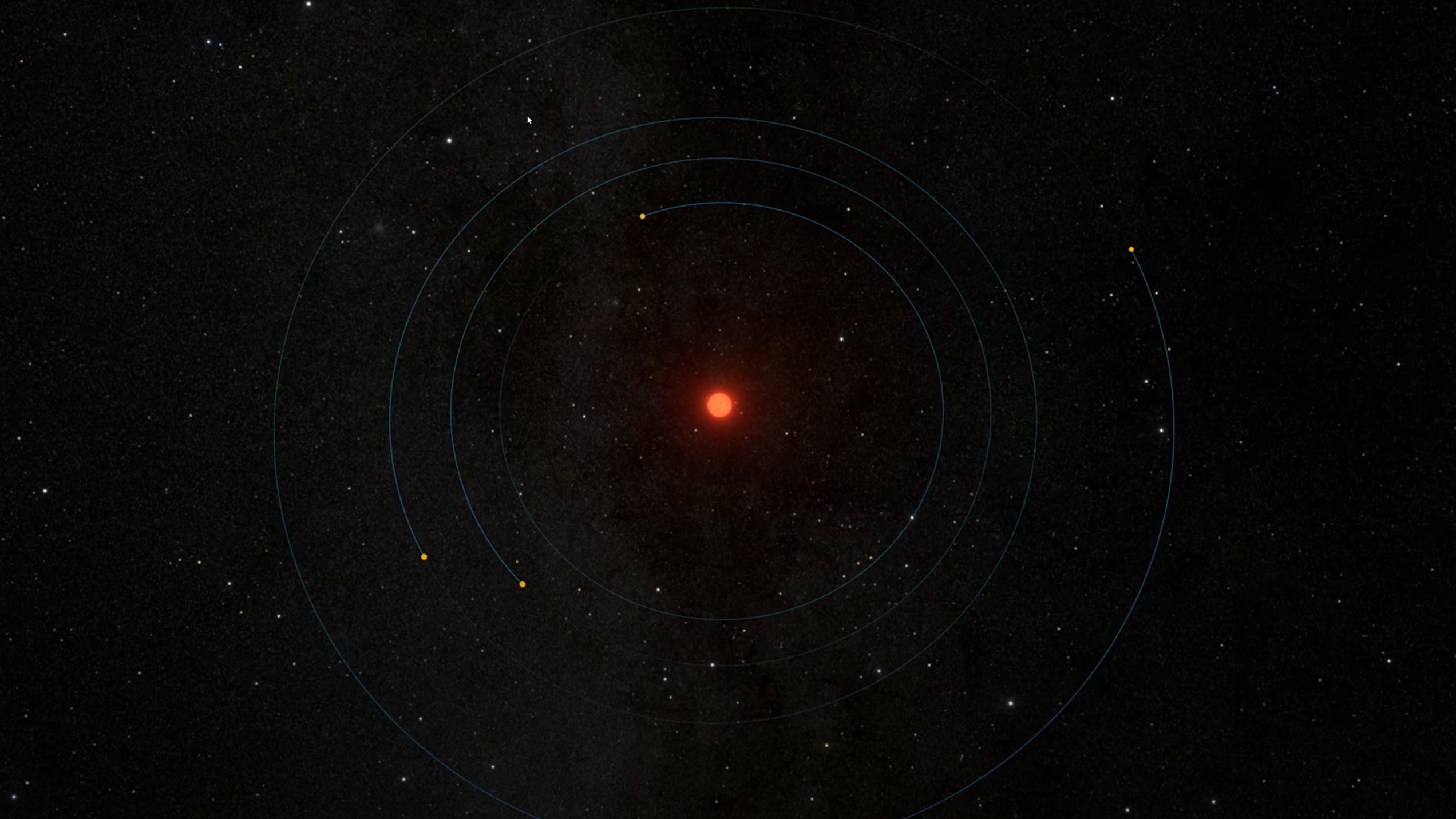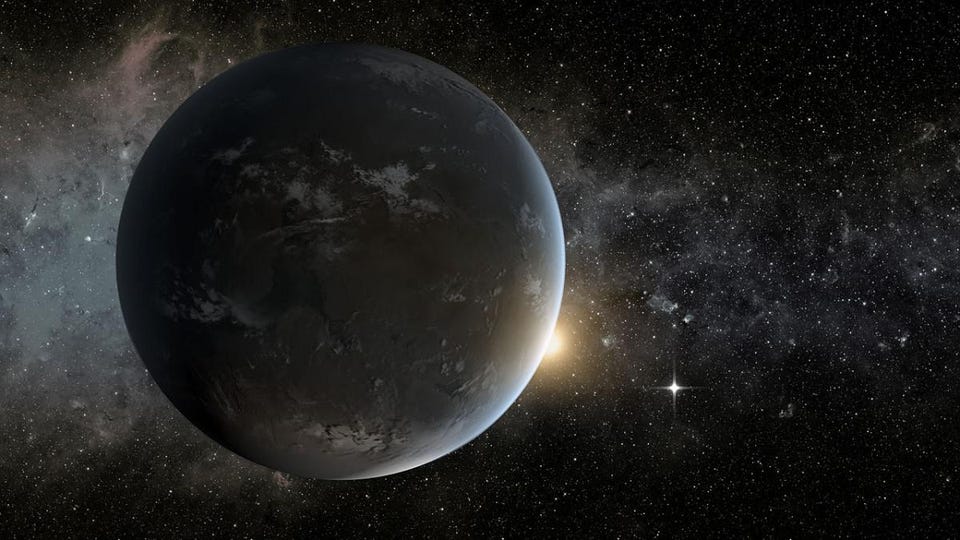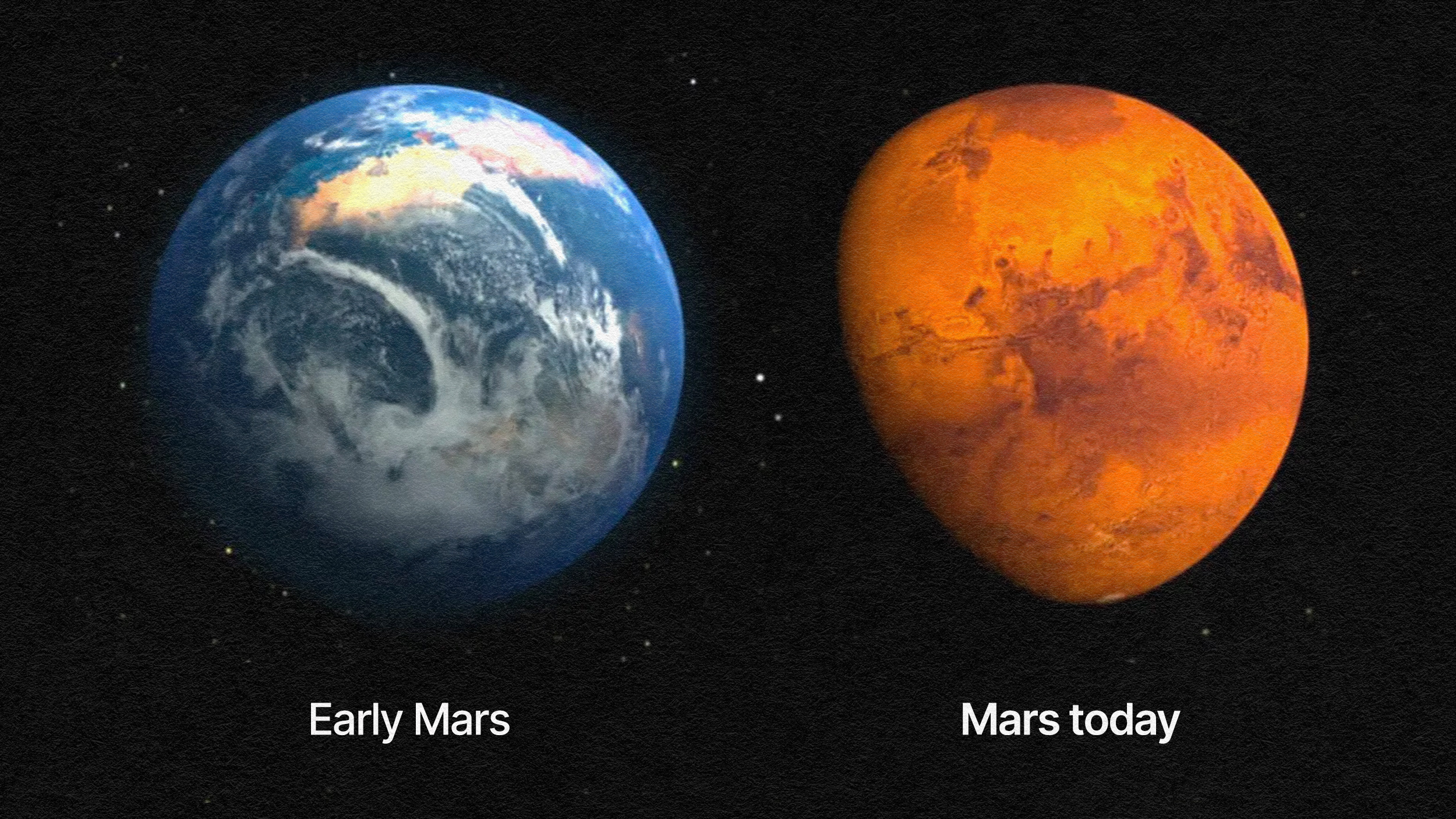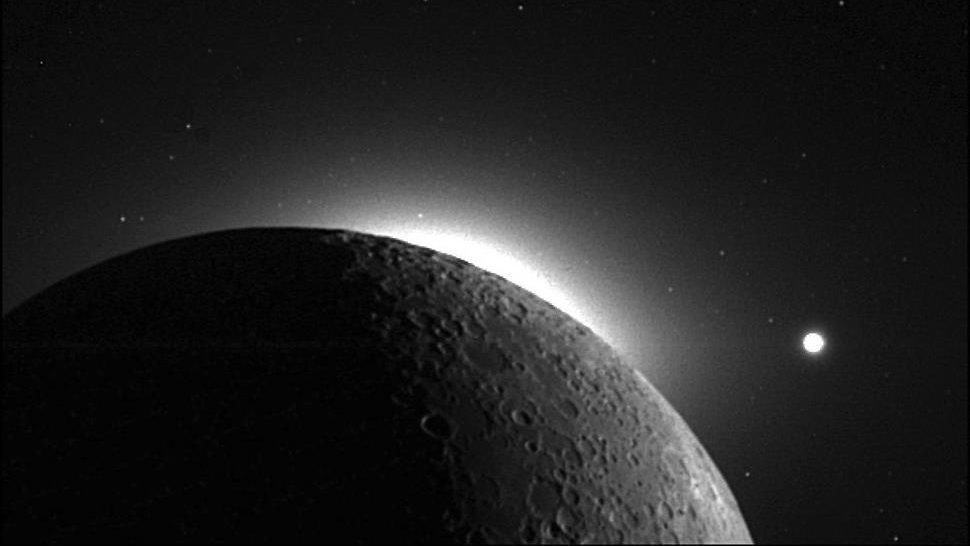Once-in-a-Lifetime Venus Event to Aid Planet Hunters

What’s the Latest Development?
On June 5 and 6 this year, millions of people will have the opportunity to watch Venus pass across the surface of the sun, an event that will not happen again until 2117. Transits of Venus occur only when the planet’s orbit, which is at a slightly different angle than Earth’s, take it between our planet and the sun. Building on the work of Nicolaus Copernicus, the first astronomer to predict the transit of Venus was Johannes Kepler in 1631. “Transits occur in pairs separated by eight years, with the gap between pairs of transits alternating between 105.5 and 121.5 years—the last transit was in 2004.”
What’s the Big Idea?
Besides being a unique astronomical event, Venus’ transit will help scientists who are scouring our galaxy to find other planets like Earth. One technique used to determine the chemical composition of so-called exoplanets requires analyzing how the light from a planet’s star reflects off its surface. Jay M Pasachoff, an astronomer at Williams College, Massachusetts, said: “By looking up close at transits in our solar system, we may be able to see subtle effects that can help exoplanet hunters explain what they are seeing when they view distant suns.”
Photo credit: Wikimedia Commons





